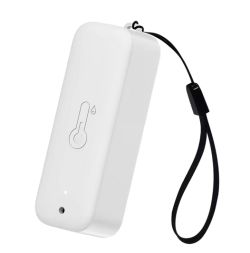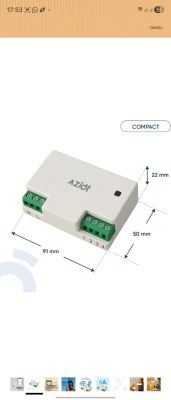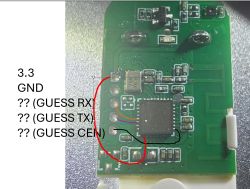Hi
I'm looking for help on how to support the ADE7953 via the ESP8266.
I want to use the Shelly 2.5 module which has the ADE7953 built in, and all I have been able to figure out are the pins, 12 I2C SDA, 14 I2C SCL, 16 ADE7953 IRQ.
Does anyone have code or a library with which to make power, voltage and current readings?
Alternatively, perhaps someone would like to undertake to write such a piece of code, I will make the module available to Shelly for testing.
Maciek
I'm looking for help on how to support the ADE7953 via the ESP8266.
I want to use the Shelly 2.5 module which has the ADE7953 built in, and all I have been able to figure out are the pins, 12 I2C SDA, 14 I2C SCL, 16 ADE7953 IRQ.
Does anyone have code or a library with which to make power, voltage and current readings?
Alternatively, perhaps someone would like to undertake to write such a piece of code, I will make the module available to Shelly for testing.
Maciek






